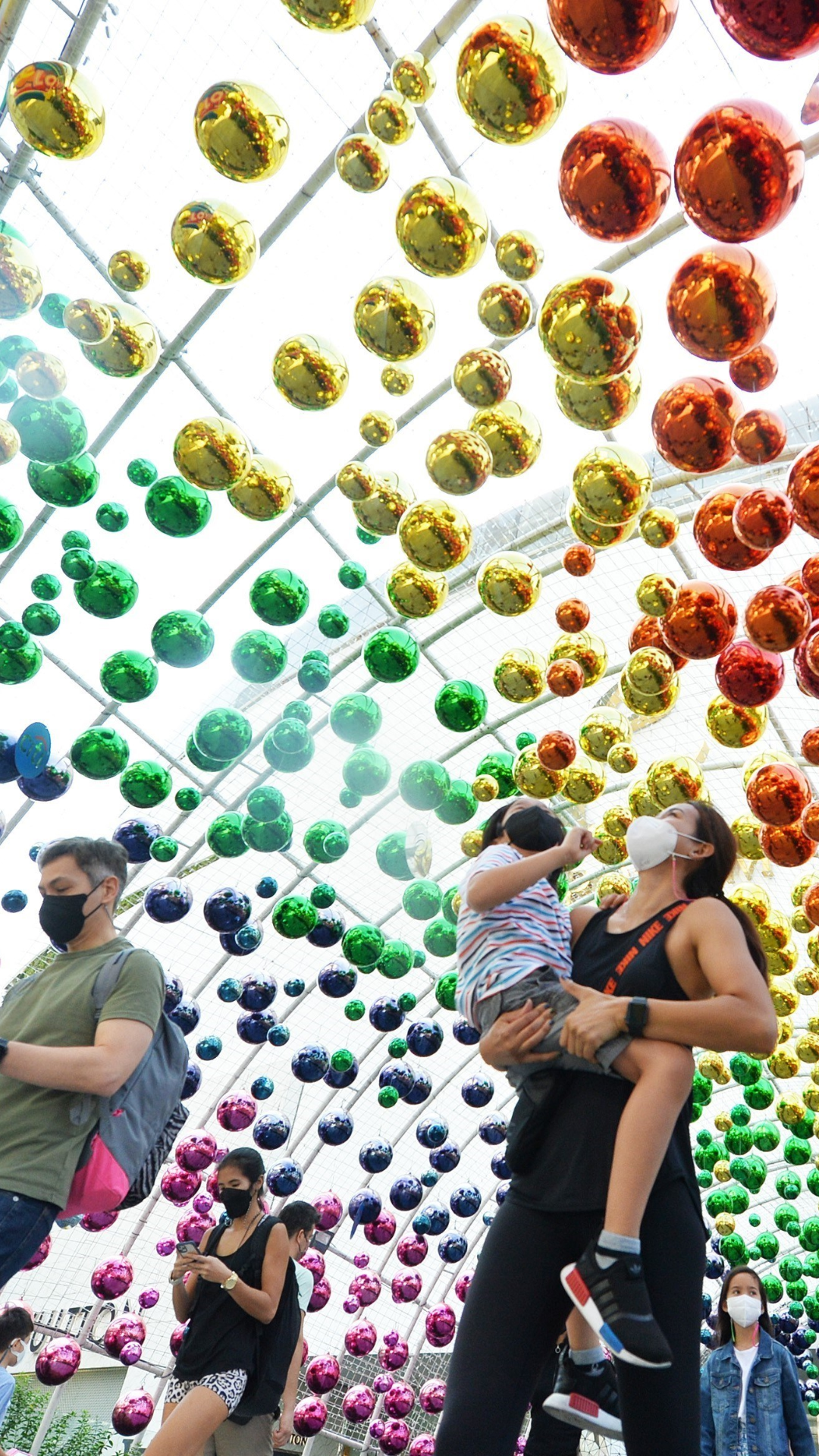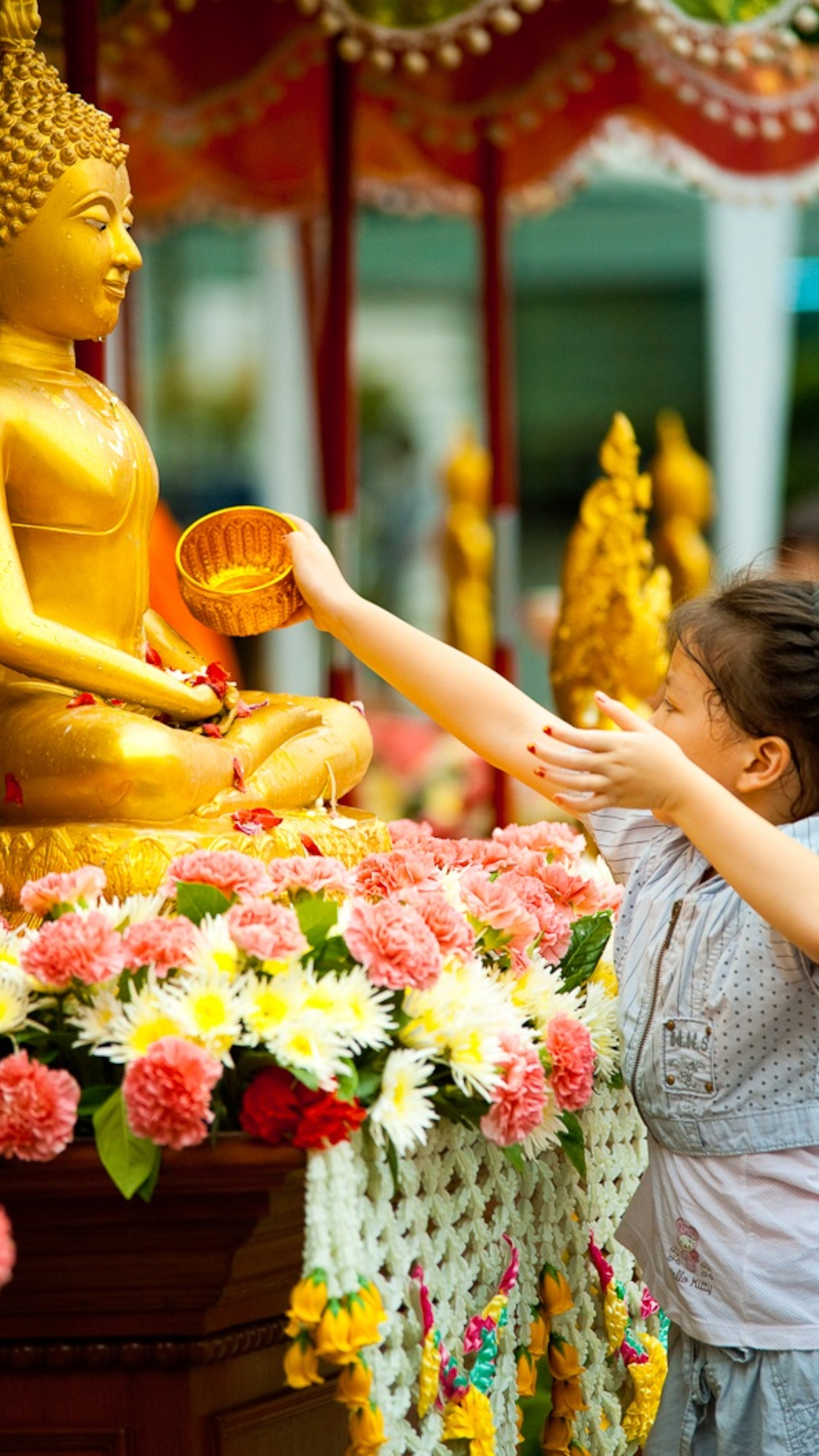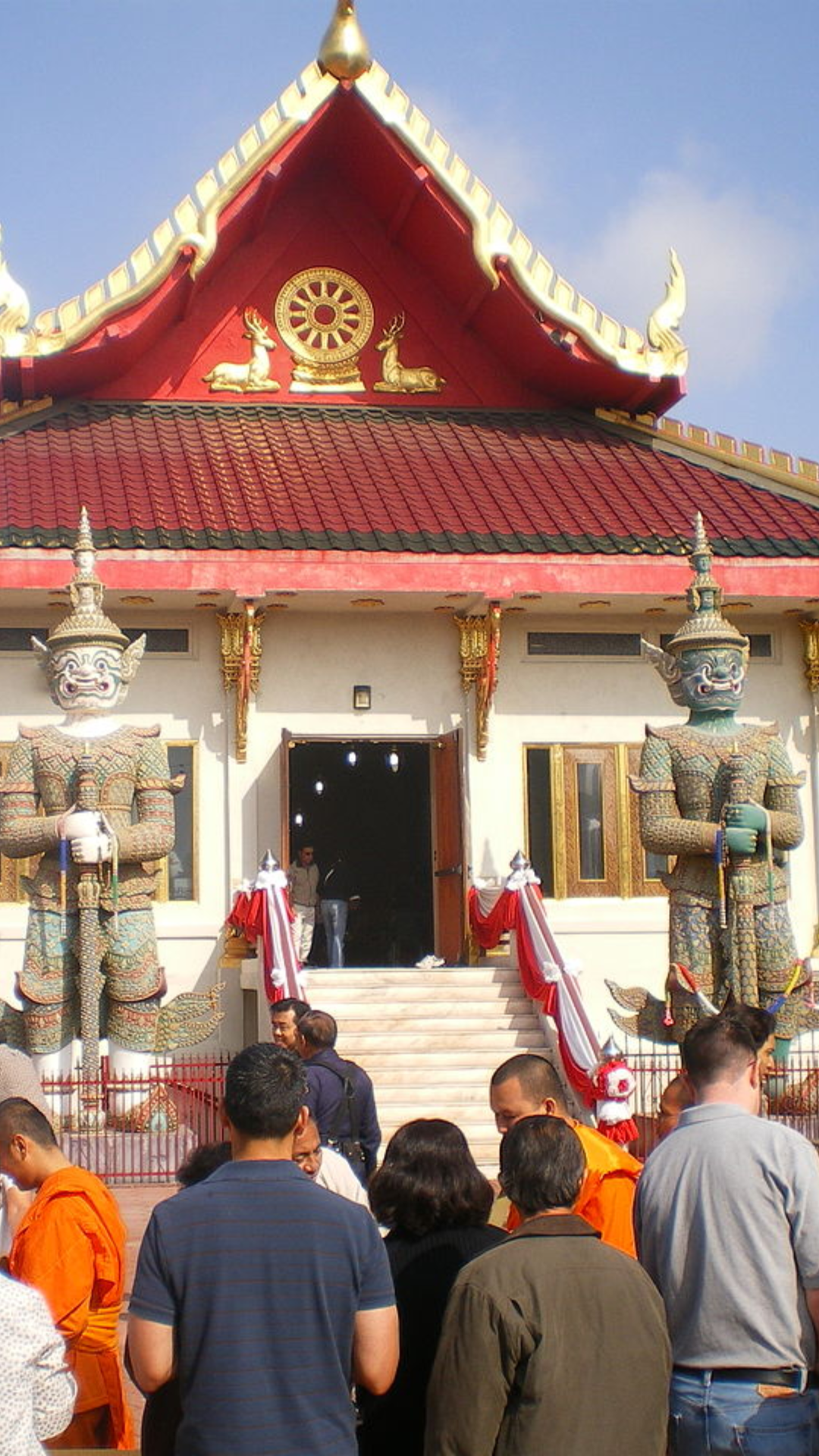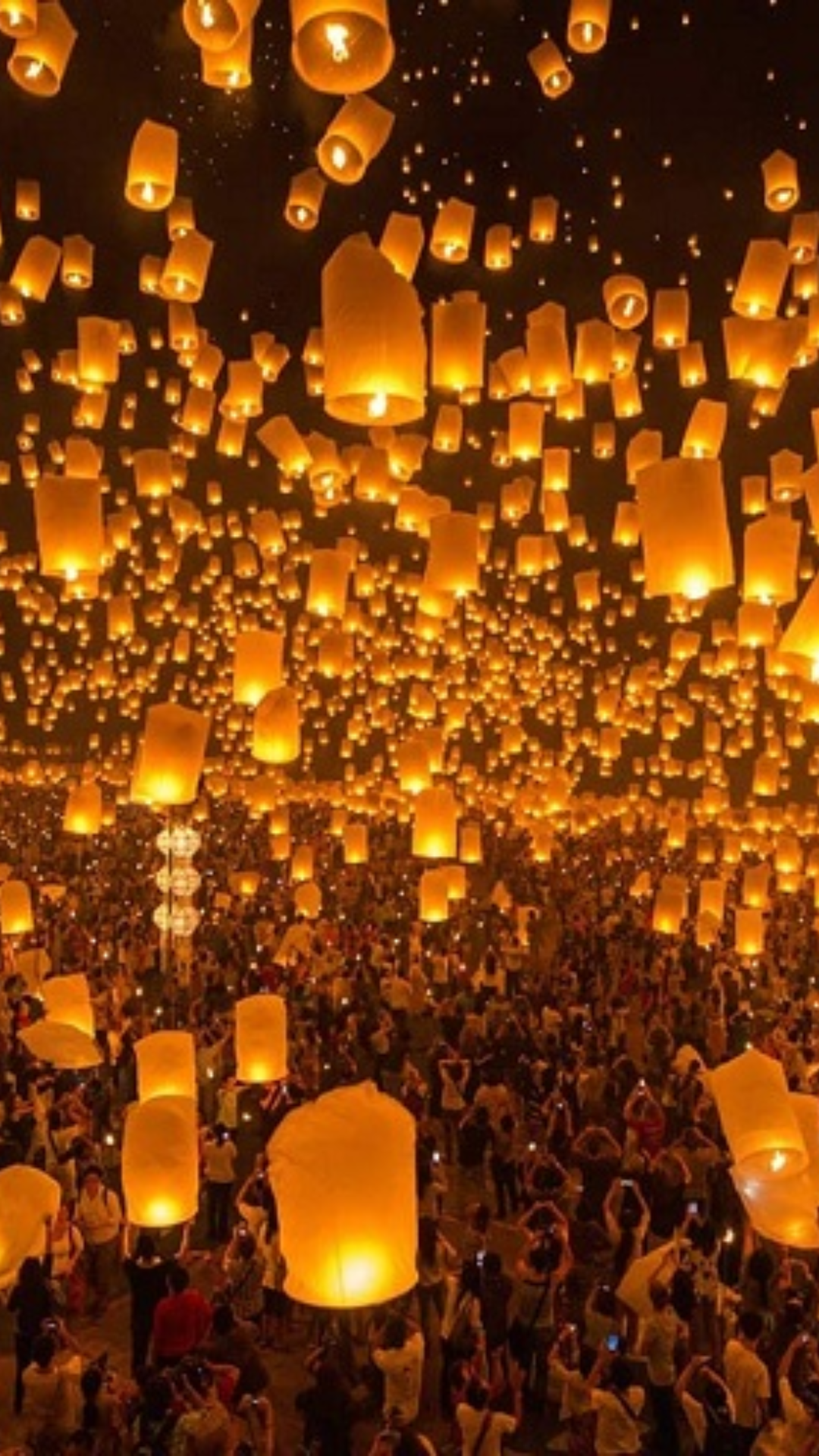Immerse Yourself in the Festivals and Celebrations of Thailand
Thailand is renowned for its year-round, vivacious, and colorful festivals. These occasions frequently serve as a platform for the Thai people to exhibit their rich cultural heritage, worldview, and customs. Here are a few of Thailand’s biggest holidays:
Songkran (Thai New Year):
Songkran, or the Thai New Year, is one of Thailand’s most well-known celebrations and is observed every year from April 13 to 15. It celebrates the traditional Thai New Year and is well-known for its street celebrations and water fights. Water is splashed on one another as a representation of purification and rejuvenation. Additionally, there are religious rituals and temple merit-making during the event.
Loy Krathong:
whem we mention the festivals of Thailand we must talk about the Festival of Lights, or Loy Krathong, is held on the full moon night of the twelfth lunar month (often in November). People congregate beside lakes, canals, and rivers to float krathongs, which are little banana-leaf boats that have been decorated with flowers, candles, and incense. This gesture denotes letting rid of unfavorable energies and honoring the water goddess.
Makha Bucha:
Observed on the full moon of the third lunar month, or often in February, Makha Bucha is a significant Buddhist holiday. It honors the occasion when 1,250 disciples unexpectedly assembled to listen to the Buddha’s sermon. Visitors to temples take part in candlelit processions, hear sermons, and execute merit-making tasks.
King’s Birthday (Wan Chaloem Phra Chonmaphansa):
King’s Birthday, or Wan Chaloem Phra Chonmaphansa, is a national holiday and a significant day in Thailand. It is observed on December 5. The late King Bhumibol Adulyadej, commonly known as King Rama IX, who was widely regarded by the Thai people, is commemorated by the celebration. Extensive ceremonies, public processions, and displays of fidelity to and respect for the monarchy are all part of the celebrations.
Chinese New Year:
Although not exclusively observed in Thailand, Chinese New Year is widely observed there, particularly in locations where there are sizable Chinese populations, such as Phuket and Bangkok’s Chinatown. Fireworks, traditional performances, dragon and lion dances, and colorful street parades are all part of the festivities. There are red decorations and lanterns everywhere, signifying wealth and success.





Thai Pongal:
The Tamil community in Thailand, primarily in the south, celebrates Thai Pongal, a Tamil harvest celebration. It lasts for four days and typically occurs in the middle of January. As a sign of thanks for a plentiful harvest, a special dish called Pongal made from just harvested rice is prepared and offered to the Sun God during the festival.
These are just a few of the numerous celebrations that take place in Thailand. Numerous more regional and local festivals are held throughout the year, each with its own distinctive customs and traditions because to the nation’s rich cultural terrain.